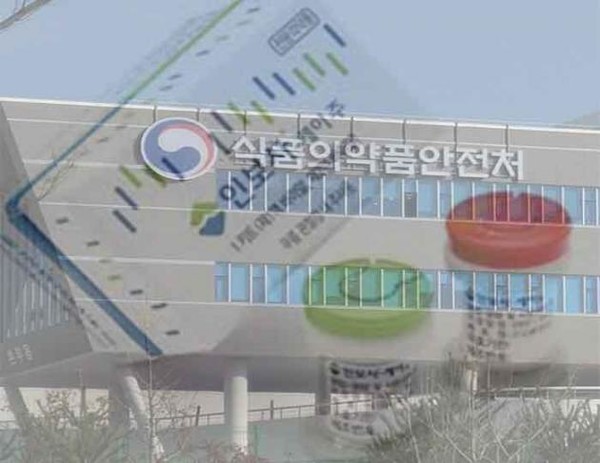The Seoul High Court on Wednesday upheld the lower court's decision, rejecting Kolon Life Science's appeal to suspend the Ministry of Food and Drug Safety's order cancelling the approval for Invossa-K, a gene therapy for osteoarthritis.

This decision marks the second defeat for Kolon Life Science in its legal battle against the MFDS's cancellation of the drug's approval, mirroring the ruling of the first-instance court issued in Feb. 2021.
The first-instance court found that Kolon Life Science failed to honestly disclose certain facts about Invossa to the MFDS, justifying the cancellation of its approval.
"If other facts are revealed in the drug approval, it constitutes a significant defect," the first-instance said in a ruling. "Since it was confirmed that the primary ingredient of Invossa was not cartilage cells but kidney cells, the MFDS had the authority to revoke the approval."
Kolon Life Science argued procedural defects in the MFDS's revocation, but the higher court also deemed the MFDS's revocation justified.
The higher court emphasized the potential serious harm to public health and safety if gene therapy drugs were used without sufficient verification.
"The regulatory system for drug approval under the Pharmaceutical Affairs Act aims to sufficiently verify the safety and risks of drugs," the higher court ruled. "If a drug posing risks to public health and safety is sold, there is a significant public interest in canceling its distribution permit."
The higher court concluded that there were significant defects in the original approval decision, justifying the revocation.
Following the higher court's ruling, shares of Kolon TissueGene, the subsidiary responsible for Invossa's approval, plummeted.
As of market close on Wednesday, Kolon TissueGene shares stood at 9,130 won ($6.88), down 26.49 percent from the previous trading day.
Invossa's history
Invossa began to experience difficulty in March 2020, as the Ministry of Food and Drug Safety requested Kolon Life Science discontinue the manufacturing and sales of Invossa-K. The move came after a short tandem repeat (STR) analysis of Kolon TissueGene revealed the osteoarthritis treatment had a cell line different from the one permitted by the regulatory agency.
Invossa comprises 75 percent of human chondrocytes (HC) and 25 percent of transformed cells (TC). In 2004, the company thought TCs were derived from cartilage. However, it was later found that TCs were HEK 293 cells derived from the kidneys.
Soon after the ministry's announcement, Kolon held a news conference and apologized for "mislabeling" one of its key compositions for Invossa-K. Simultaneously, the company stressed that the composition of Invossa-K remains unchanged and that the treatment's safety and efficacy have not been affected by the results.
Despite the company's claims, the regulator revoked its product license of Invossa in May 2020.
Adding on to the company's woes, Kolon TissueGene faced further delisting woes after the KRX designated TissueGene as a subject for listing eligibility review in July 2020 due to the company's receiving an adverse audit opinion for the fiscal year of 2019 and the first half of 2020.
The KRX decided to give Kolon TissueGene a one-year grace period to improve its management after holding a review committee meeting on Sept. 1, 2021.
However, the company managed to avoid delisting as the Korea Exchange (KRX) held a corporate review committee and decided to maintain the listing of Kolon TissueGene on the tech-heavy Kosdaq market in October 2022.
Meanwhile, executives of Kolon Life Science, charged with submitting false data related to Invossa's ingredients to the MFDS, received acquittals in both the first and second trials and are awaiting a Supreme Court decision.
Additionally, Kolon's former chairman, Lee Woong-yeul, accused of knowingly selling Invossa despite manipulation of its ingredients, is currently undergoing trial in the first instance.
Related articles
- Kolon Life Science's gene therapy Invossa linked to 90 tumor cases: regulator
- Regulators give final rejection for Nature Cell's JointStem
- Korea’s 1st locally-developed new drug disappears into history
- Kolon TissueGene shares to resume trading on Kosdaq from Oct.25
- Kolon Life Science appeals for Invossa's license reinstatement to Supreme Court

